Industrial Glass Thermometers: Accurate Temperature Readings

Industrial glass thermometers are
essential tools in various industries where precise temperature measurement is
critical. From manufacturing and processing plants to laboratories and HVAC
systems, these thermometers are trusted for their accuracy, reliability, and
durability. Understanding their importance, functionality, and the factors that
contribute to their precision can help businesses make informed decisions when
selecting the right thermometer for their needs.
Importance of Accurate
Temperature Readings
Accurate temperature readings are
crucial in many industrial processes. In manufacturing, for instance, the
temperature can affect the quality of the final product, whether it's in
metalworking, food production, or chemical processing. A slight deviation in
temperature could lead to subpar products, safety hazards, or even complete
production failures. Similarly, in laboratories, accurate temperature control
is necessary to ensure the validity of experiments and results.
Thermowell for thermometer
offer a reliable solution for monitoring and controlling temperature in these
environments. They are designed to withstand harsh conditions, including
extreme temperatures, pressure, and exposure to chemicals, making them ideal
for industrial applications.
How Industrial Glass Thermometers
Work
Industrial glass thermometers
operate on a simple yet effective principle. They typically consist of a glass
tube filled with a liquid, such as mercury or alcohol, which expands and
contracts with temperature changes. As the temperature rises, the liquid
expands and moves up the tube, indicating the temperature on a calibrated
scale. Conversely, as the temperature drops, the liquid contracts and moves
down the tube.
The glass tube is usually encased
in a protective sheath made of metal or plastic to protect it from damage. The
scale is often etched or printed on the glass or the protective casing, making
it easy to read the temperature.
Key Features and Benefits
Accuracy: One of the primary
reasons industrial glass thermometers are favored in industrial settings is
their accuracy. These thermometers are carefully calibrated to provide precise
temperature readings, often within a fraction of a degree. This level of
accuracy is essential for maintaining the consistency and quality of industrial
processes.
Durability: Industrial glass
thermometers are built to last. The glass used in these thermometers is
typically made from high-quality, heat-resistant materials that can withstand
the rigors of industrial environments. The protective casing further enhances
their durability, ensuring they can endure rough handling, exposure to
chemicals, and extreme temperatures.
Reliability: These thermometers
offer consistent performance over time, making them a reliable choice for
long-term use in industrial applications. Unlike some digital or electronic
thermometers, industrial glass thermometers do not require batteries or
electrical power, reducing the risk of failure and ensuring continuous
operation.
Wide Range of Applications:
Industrial glass thermometers are versatile tools that can be used in a variety
of settings. They are commonly found in HVAC systems, refrigeration units, food
processing plants, chemical manufacturing facilities, and laboratories. Their
ability to measure a wide range of temperatures makes them suitable for diverse
industrial needs.
Selecting the Right Industrial
Glass Thermometer
When choosing an industrial glass
thermometer, it's essential to consider the specific requirements of your
application. Factors such as the temperature range, the presence of corrosive
substances, and the need for quick readings should guide your selection.
Additionally, consider whether a mercury-filled or alcohol-filled thermometer
is more appropriate, depending on the accuracy and environmental safety
requirements.
Conclusion
Industrial glass thermometer
remains a trusted tool in industries where accurate temperature measurement is
vital. Their precision, durability, and reliability make them an excellent
choice for various applications, from manufacturing to laboratory settings. By
understanding their features and benefits, businesses can ensure they select
the right thermometer to meet their specific needs, ensuring smooth operations
and high-quality outcomes.

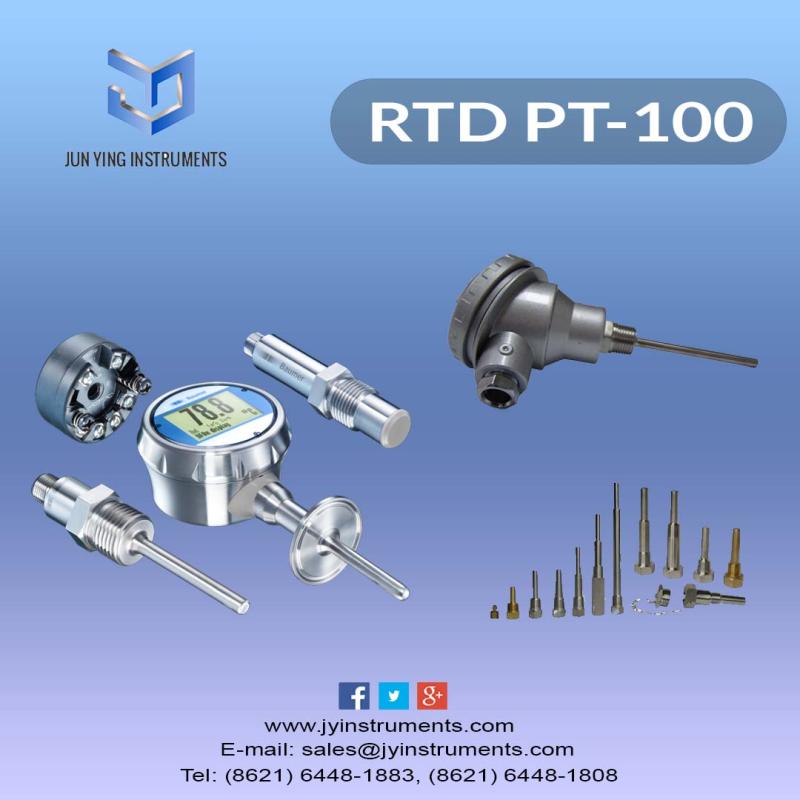

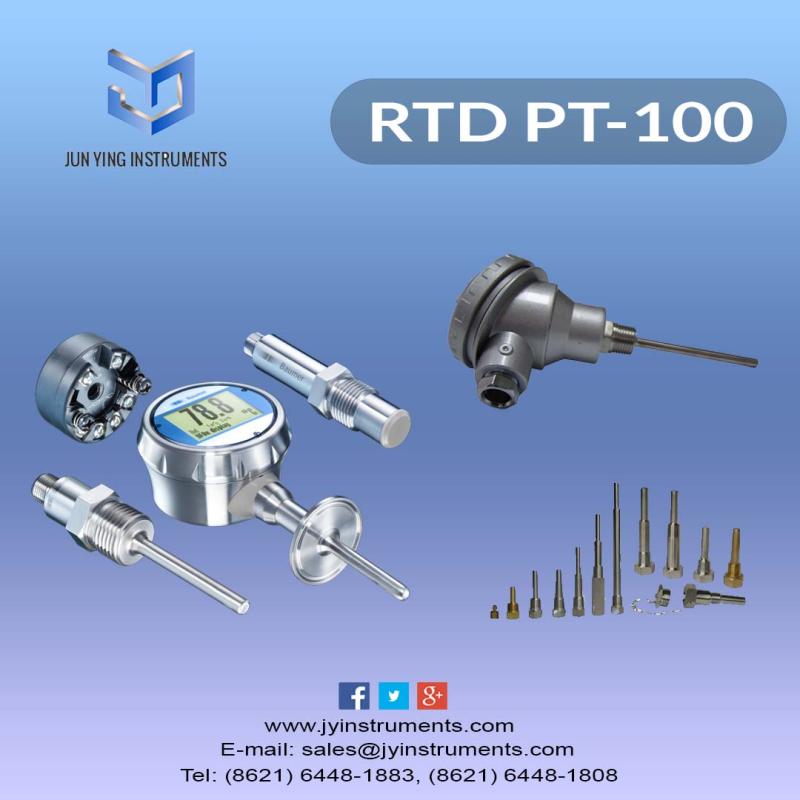
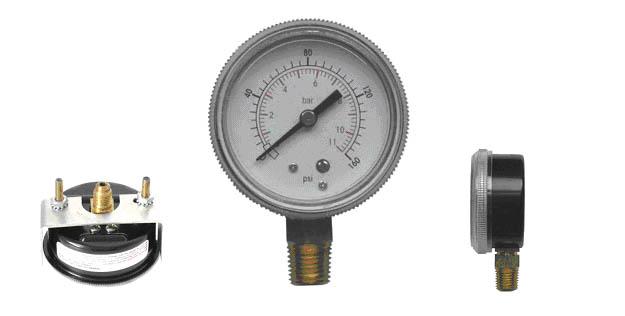
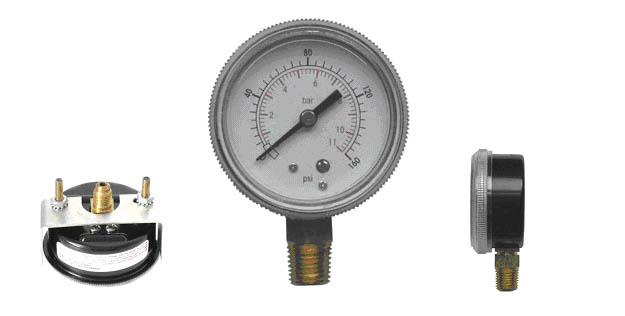
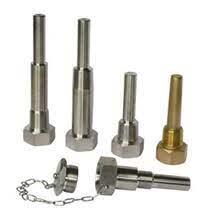

Comments